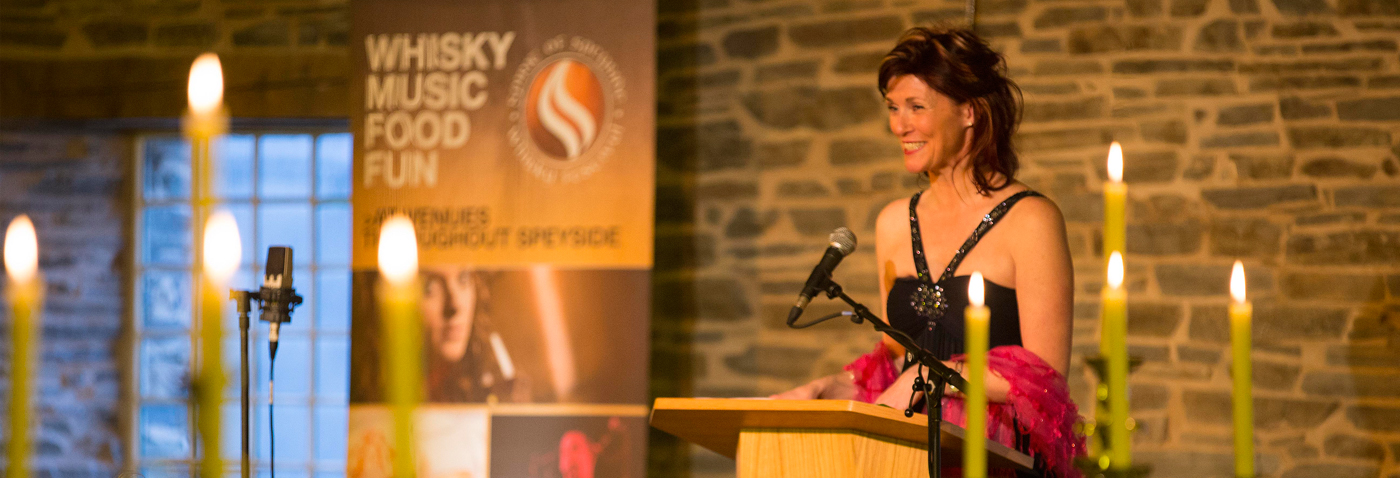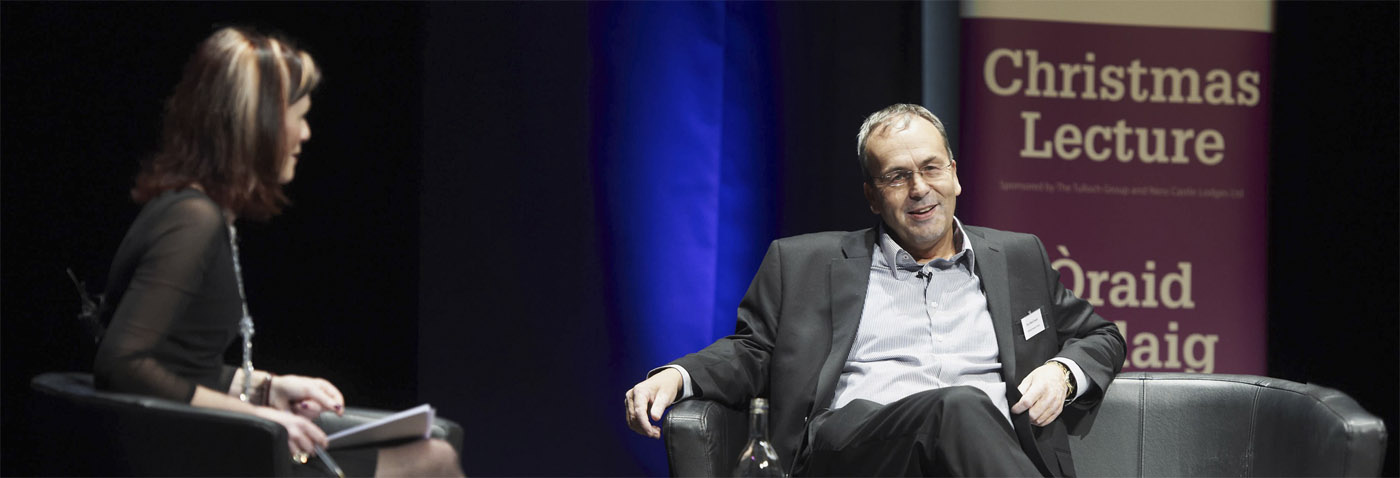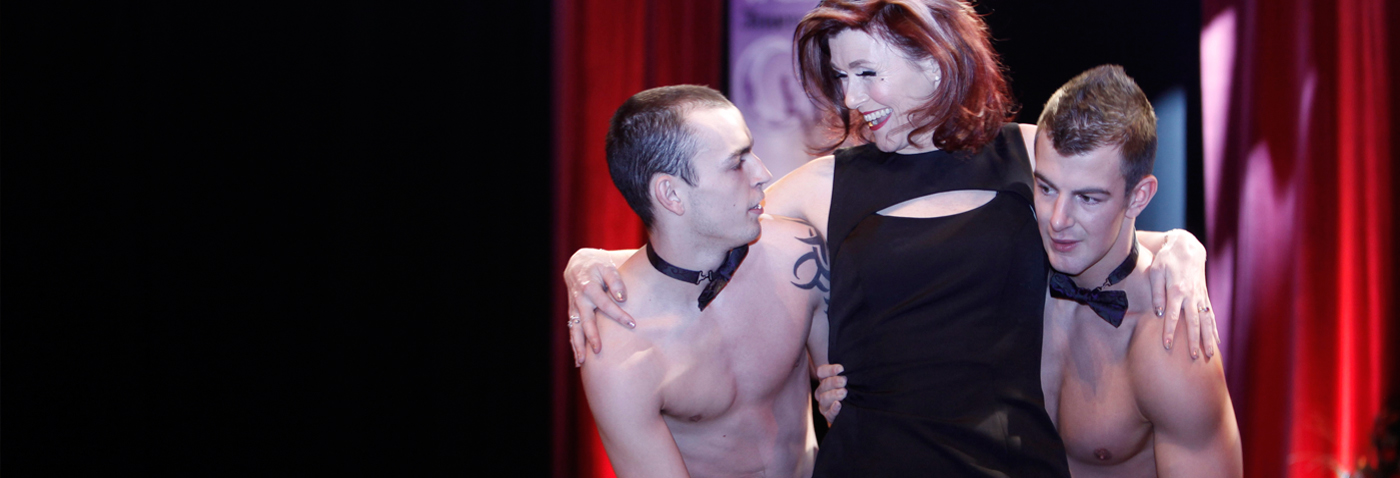Years ago, interviewing the then Chief Executive of Highland Hospice, I was moved by her aim to give all Hospice patients what she called ‘a good death’. Where resources are rightly channelled to giving babies the best start in life and the NHS is there to – hopefully – pick us up as we falter and fall on our journeys, Maria McGill felt that we should equally each be entitled to die with care, support and dignity.
The understanding of what constitutes a good death will, of course, vary from person to person, and I guess that was her main point. There is no ‘one size fits all’, and what suits one person’s circumstances will be the opposite of the next’s idea of how they would like to leave this world.
It’s a long time since that conversation took place, but I have thought about it from time to time. And I thought about it again last Saturday, when I spent the day at a funeral home.
By the time someone arrives at a funeral home, you hope their death was the ‘good death’ Maria was striving to provide at the Hospice. The next thing that we hope will follow is a good send-off – a funeral that will both do the person proud, and meet the wishes and needs of those left behind.
I’ve never had to organise a funeral; the last close family member to die was my grandfather when I was 16. And to be honest, until Saturday’s Open Day at John Fraser & Son in Inverness, which – I should declare – I helped Vicki Fraser and her team to organise, I had never really thought about what is involved in the preparation of a funeral, other than whether to be buried or cremated, and the music I might like to have played at my own. Until I started working with Vicki, I had never been inside a funeral home other than to attend a service.
I had, however, been inside a mortuary – and if we’re counting, that’s my tally up to three. The first was the Council mortuary in Edinburgh City Centre. As a law student we were given a tour as part of a Forensic Medicine course. It was fascinating, in a clinical, medico-legal way, and it brought the mortuary scenes in Ian Rankin’s early Rebus novels to life.
My second visit was completely different; it was the mortuary of Professor Sue Black’s forensic anthropology department at Dundee University. It was a huge room, with trolley upon trolley covered in blue plastic shrouds, each preserving the modesty of a body left to medical science.
My third visit – in the weeks running up to Saturday – was equally clinical, just on a smaller scale. At John Fraser & Son I was reassured by the stethoscope hanging on the wall – just to be certain. And I was touched by the array of shower gels, shampoos and make-up products. Often the funeral directors will ask to borrow a woman’s make-up bag so that she looks ‘like herself’ if the family wish a final viewing.
What I had never considered before was the bit in between the ‘good death’ we each hope for, and the ‘good send-off’ we strive to provide. Often ten days or more can elapse. But what happens during those days?
That’s what Saturday’s Doors Open Day was trying to do; to fill in the blanks in people’s knowledge, and let them know what to expect. Decisions will have to be made – often quite quickly – about the type of coffin, colour of lining, type of service, clothes to be worn, and whether to embalm. And if all of that is new to you, and you have never had these conversations as a family, how are you supposed to make the right choices, especially if you are grieving?
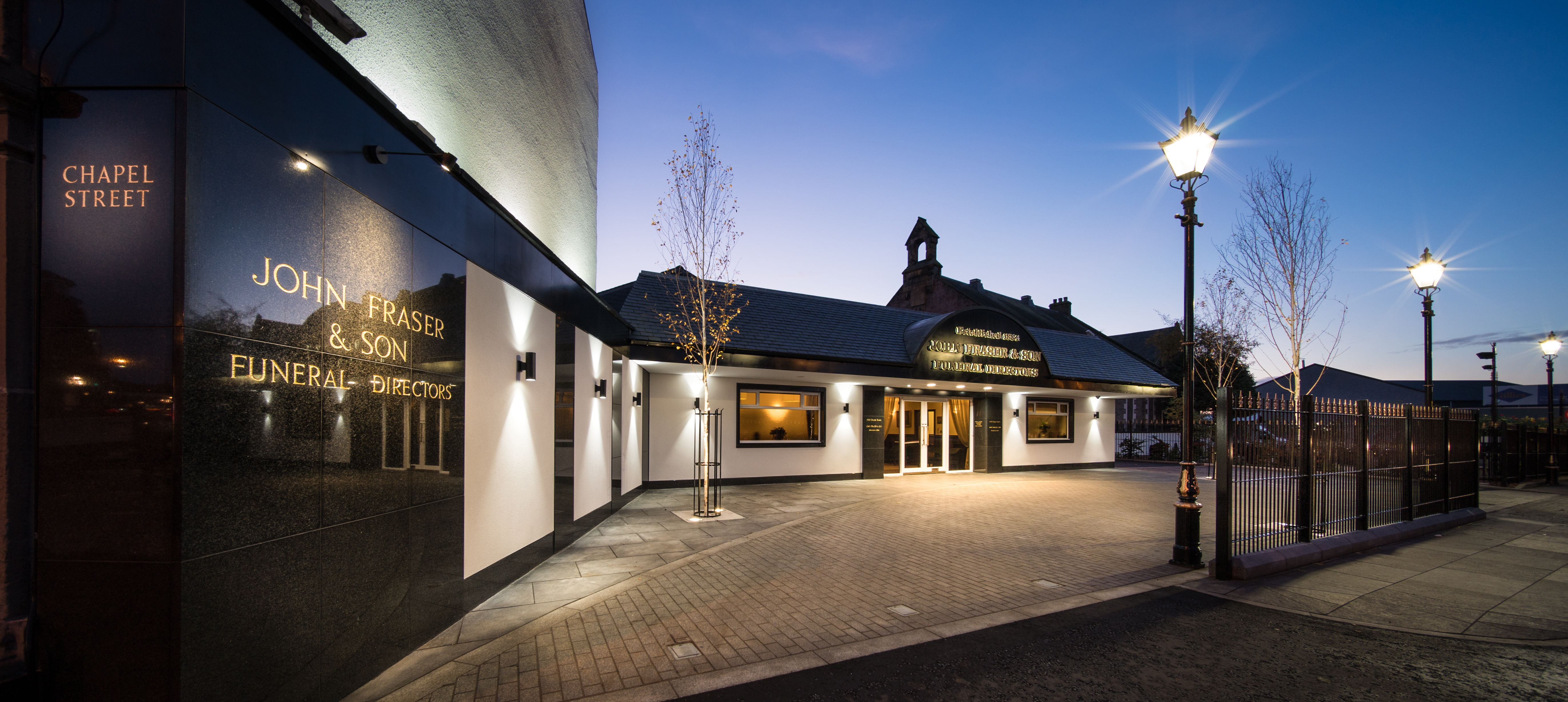 I had expected the mood on the day might be sombre, but there was laughter. People were easy and open with their questions, yet respectful of the fact that the funeral home was caring for people’s loved ones on the day. I learned that while it’s not permitted for golf clubs or a bottle of whisky to be included in a coffin for cremation, it’s not unusual for photographs, books or the ashes of pets to be tucked in under the covers. I also learned that pacemakers need to be either removed or deactivated before cremation, and that cords on a coffin, a common sight north of the border, are unheard of in England.
I had expected the mood on the day might be sombre, but there was laughter. People were easy and open with their questions, yet respectful of the fact that the funeral home was caring for people’s loved ones on the day. I learned that while it’s not permitted for golf clubs or a bottle of whisky to be included in a coffin for cremation, it’s not unusual for photographs, books or the ashes of pets to be tucked in under the covers. I also learned that pacemakers need to be either removed or deactivated before cremation, and that cords on a coffin, a common sight north of the border, are unheard of in England.
I was impressed with the care, respect and dignity with which the funeral home staff go about their work, and the pride they take in caring for families at a difficult and stressful time.
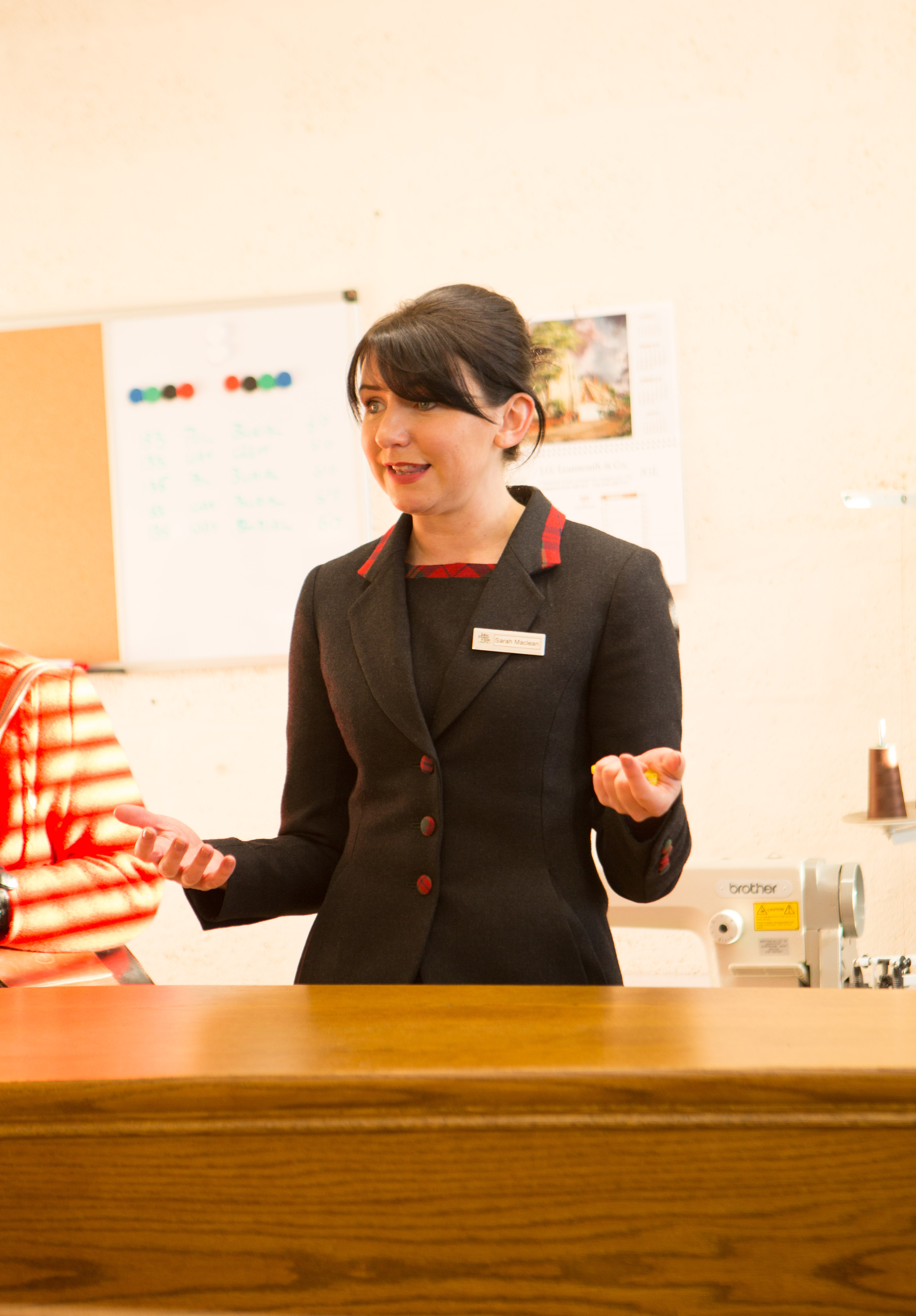 Sarah Maclean, one of the funeral directors, surprised me when asked if it was depressing, dealing with death all day.
Sarah Maclean, one of the funeral directors, surprised me when asked if it was depressing, dealing with death all day.
“Not at all,” she said, “in fact it can be quite the opposite. Hearing about the lives people have led, their achievements, and the pride and love their families have for them, inspires me to live my life to make it the best that it can be.”
You can’t say fairer than that.

